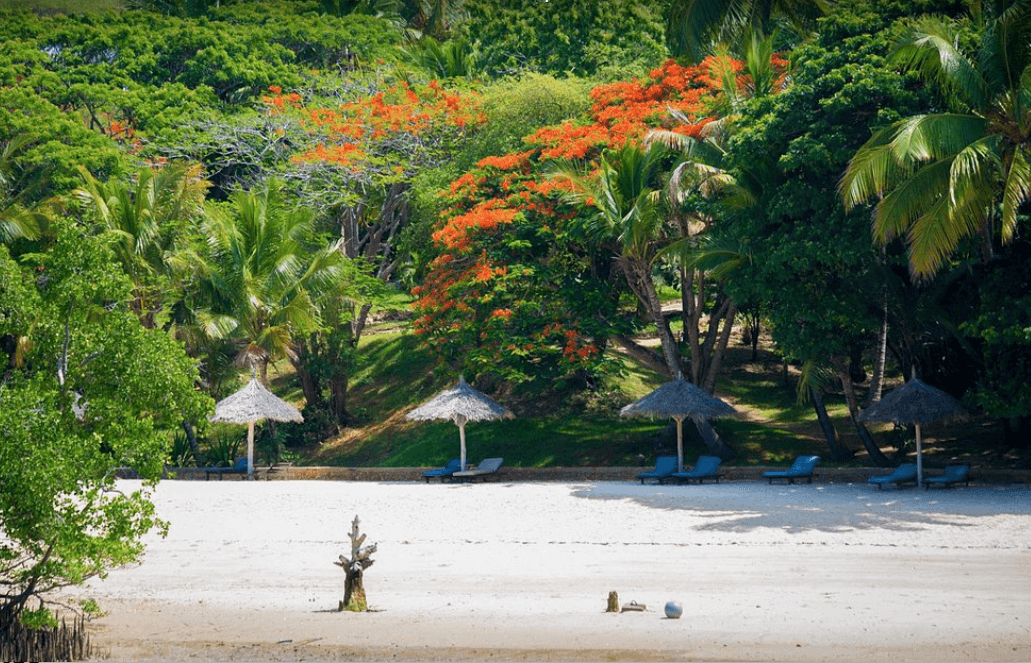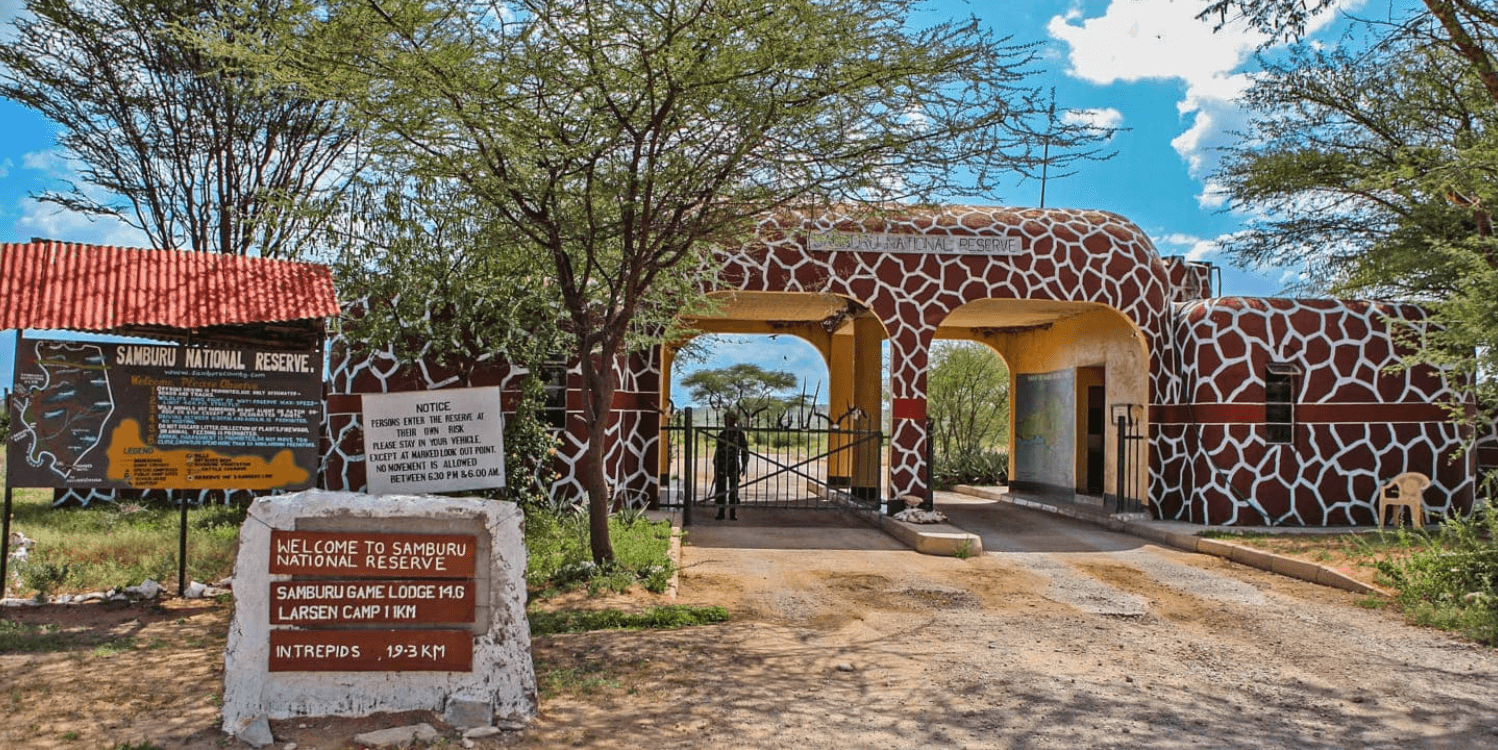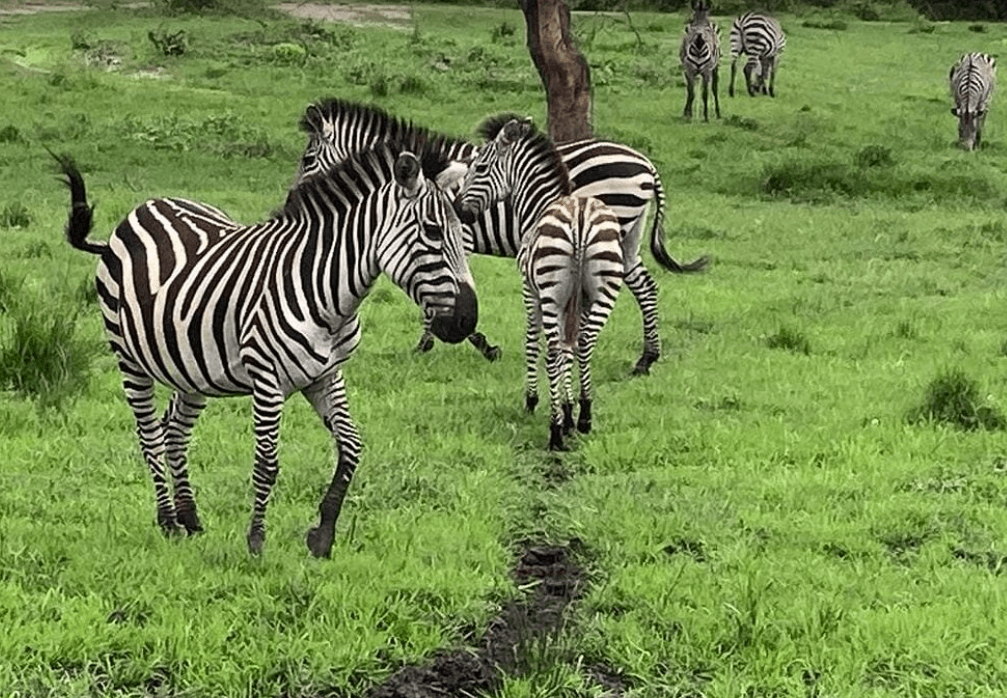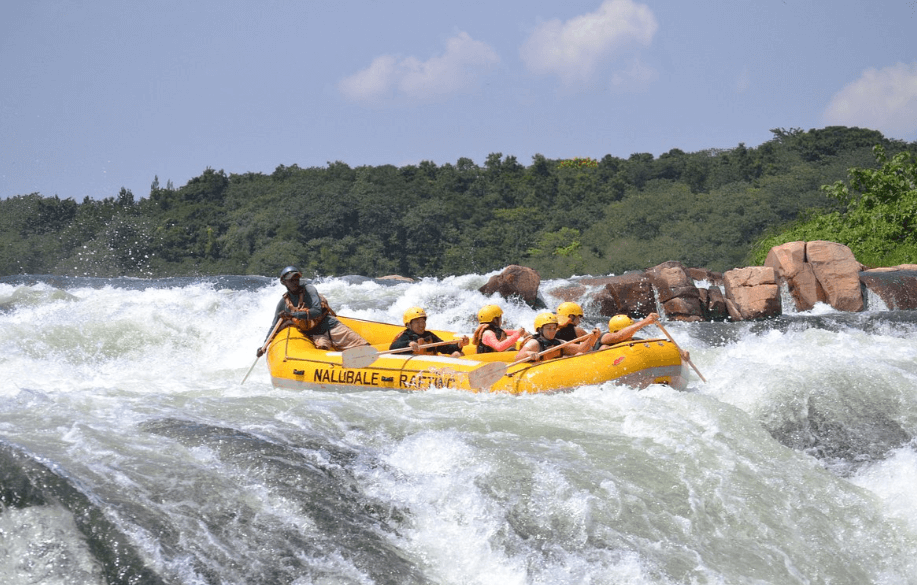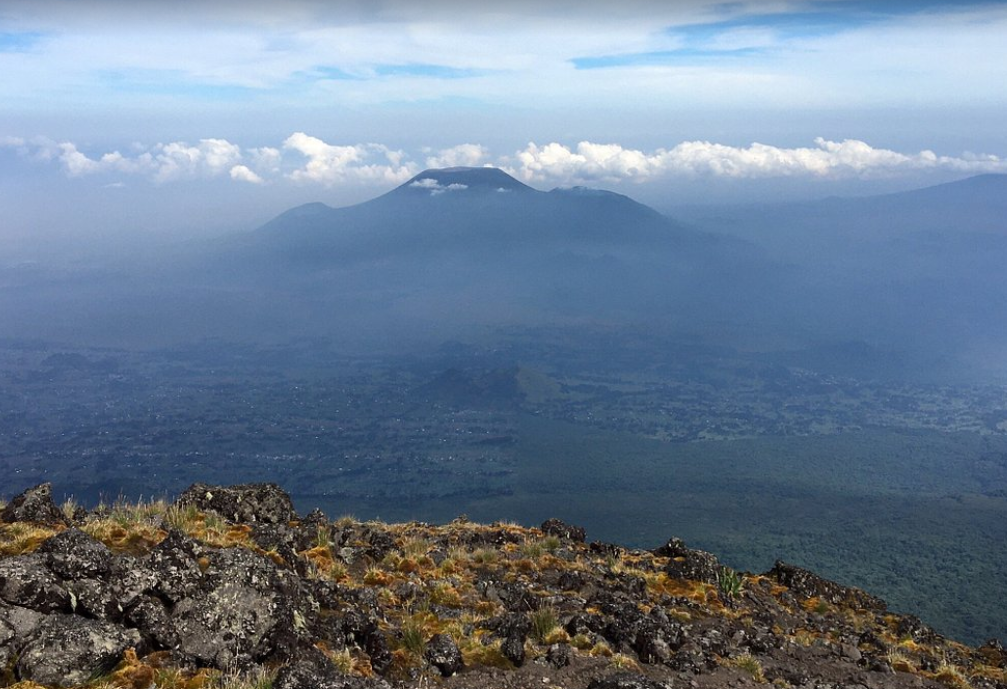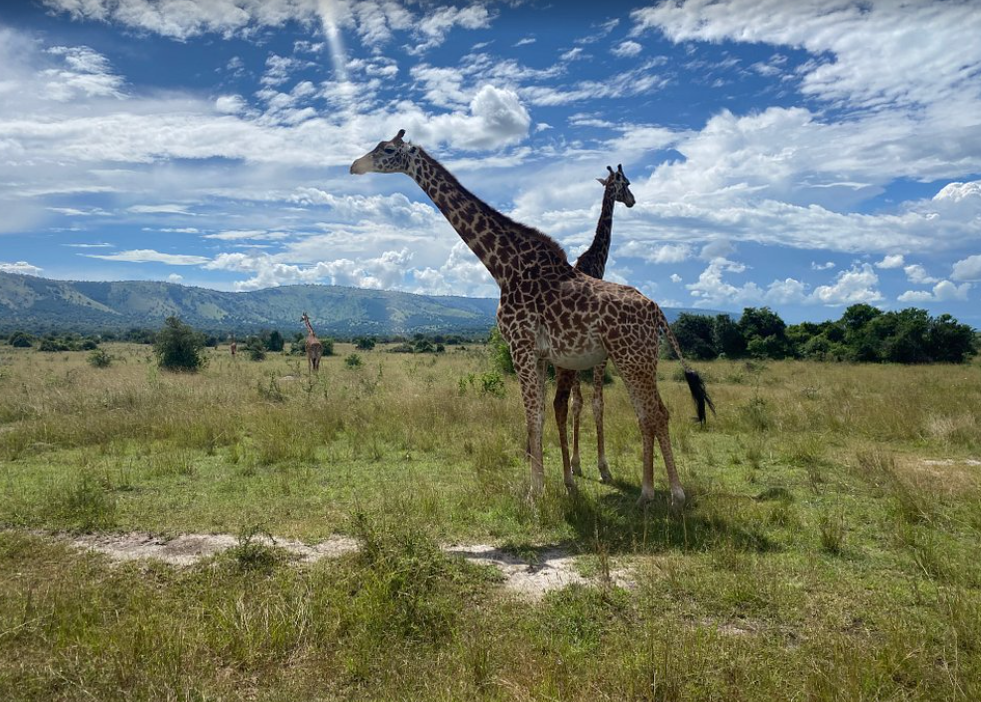All You Need To Know Before Traveling to Rwanda
Best Rwanda Travel Tips to know before traveling to Rwanda, the “Land of a Thousand Hills,” offers an unparalleled travel experience with its stunning landscapes, rich wildlife, and vibrant culture. For 2024/2025, knowing the best travel tips will enhance your journey, ensuring you make the most of this remarkable destination.
If you’re planning a trip to Rwanda, here are essential tips to help you make the most of your journey:
1. Visa and Entry Requirements
- E-visa: Most visitors can apply for an e-visa online before arriving. Ensure your passport is valid for at least six months.
- Visa on arrival: Rwanda offers a visa on arrival for citizens of many countries, making the process seamless.
- East Africa Tourist Visa: If you plan to visit Uganda or Kenya as well, opt for the East Africa Tourist Visa, which covers all three countries and is valid for 90 days.
2. Health Precautions
- Yellow Fever Vaccination: If you are traveling from a country where Yellow Fever is endemic, a Yellow Fever vaccination is required for entry.
- Malaria Prevention: Rwanda is a malaria-prone area. Carry anti-malarial medication, use insect repellent, and sleep under mosquito nets where necessary.
- COVID-19 Measures: Rwanda is known for strict COVID-19 safety measures. Always check the latest travel advisories for any updates regarding testing and vaccination requirements.
3. Best Time to Visit
- Dry Season (June to September): This is the best time for gorilla trekking and wildlife viewing. The parks are more accessible, and wildlife is easier to spot.
- Wet Season (March to May, October to November): Although this is the rainy season, it’s the best time for birdwatching and fewer crowds in popular spots like Volcanoes National Park.
4. Gorilla Trekking Permits
- Book in Advance: Gorilla trekking in Volcanoes National Park is a must-do, but permits are limited. Book your permit months in advance. The cost for a permit is around $1,500 USD per person.
- Fitness Preparation: Trekking can be physically demanding due to high altitudes and dense forest. It’s recommended to prepare physically before your trip.
5. Packing Essentials
- Clothing: Lightweight, long-sleeved clothing is recommended for sun and mosquito protection. Comfortable hiking boots are a must for trekking.
- Rain Gear: Even in the dry season, rain showers can occur, so pack a lightweight waterproof jacket.
- Binoculars and Camera: Rwanda is rich in wildlife, from gorillas to bird species. Bring a good camera and binoculars for optimal wildlife viewing.
6. Currency and Payments
- Rwandan Franc (RWF): This is the local currency, though USD is widely accepted for larger transactions. Carry small bills as change can sometimes be a challenge.
- Credit Cards: Most hotels, restaurants, and tour companies accept credit cards, but it’s advisable to carry cash for smaller transactions.
- ATMs: Available in major cities like Kigali, but rural areas may not have access to ATMs.
7. Safety and Security
- Rwanda is Safe: Rwanda is one of the safest countries in Africa, with low crime rates and a strong sense of order. Nonetheless, practice standard travel safety, such as safeguarding valuables and being cautious in crowded areas.
- Local Laws: Rwanda is a clean and orderly country. Littering, smoking in public places, and plastic bags are banned. Respect these laws to avoid fines.
8. Cultural Sensitivity
- Language: Kinyarwanda is the local language, but French and English are widely spoken. Learning a few phrases in Kinyarwanda is appreciated.
- Etiquette: Dress modestly, especially in rural areas, and always ask for permission before taking photographs of people.
- Genocide Memorials: When visiting the Kigali Genocide Memorial or other memorials, be respectful. These sites are places of mourning and remembrance.
9. Transportation
- Taxis and Moto-taxis: In Kigali, taxis and moto-taxis (motorbike taxis) are popular. Always negotiate the price before getting in, or use a ride-hailing app like Yego.
- Car Rental: Renting a 4×4 is ideal for exploring Rwanda’s national parks. Roads are generally in good condition, but rural areas may require a robust vehicle.
- Public Transport: Buses are affordable and available for intercity travel, though not always reliable in terms of timing.
10. Explore Beyond Gorilla Trekking
- Nyungwe Forest National Park: Home to chimpanzee trekking and canopy walks, Nyungwe offers an immersive rainforest experience.
- Lake Kivu: Ideal for relaxation, boat rides, and water activities. The towns of Gisenyi and Kibuye along the lake offer stunning views and lakeside lodges.
- Akagera National Park: Rwanda’s only savannah park, perfect for game drives to see elephants, lions, and hippos.
Accommodations and Food & Beverage Tips for Rwanda
Rwanda offers a variety of accommodations and delicious local cuisine to enhance your travel experience. Here’s a guide to help you make informed choices about where to stay and what to eat during your Rwanda adventure.
Accommodations in Rwanda
Rwanda’s accommodations cater to all types of travelers, whether you’re on a luxury safari, a mid-range holiday, or a budget trip. Below is a breakdown of the accommodation options across the country.
- Luxury Lodges and Hotels
- Gorilla Trekking Lodges (Volcanoes National Park): For those trekking with gorillas, there are high-end lodges such as Bisate Lodge, Sabyinyo Silverback Lodge, and One&Only Gorilla’s Nest. These lodges offer luxurious experiences with stunning views of the Virunga Mountains.
- Nyungwe Forest National Park: Here, the One&Only Nyungwe House offers a high-end forest escape with private bungalows and exceptional service.
- Akagera National Park: Magashi Camp and Ruzizi Tented Lodge provide luxurious stays right in the middle of wildlife action, with all-inclusive services and eco-friendly designs.
- Kigali: The capital city offers a range of luxury hotels such as Kigali Marriott Hotel, Radisson Blu, and The Retreat, known for their top-tier services, international dining, and modern facilities.
- Mid-Range Accommodations
- Volcanoes National Park: Options like Le Bambou Gorilla Lodge and Da Vinci Gorilla Lodge provide comfortable rooms and essential services at a more affordable price compared to luxury lodges.
- Lake Kivu: Cormoran Lodge and Paradise Malahide are excellent mid-range choices offering lakefront views and easy access to the lake’s activities.
- Kigali: Heaven Boutique Hotel and Five to Five Hotel are highly rated for offering mid-range travelers comfort, great service, and proximity to key city attractions.
- Budget Accommodations
- Hostels and Guesthouses: Rwanda is also welcoming to budget travelers. Hostels like Yambi Guesthouse in Kigali or Amahoro Guesthouse in Musanze offer basic but clean rooms with a communal atmosphere.
- Camping: Some national parks like Akagera allow camping at designated sites. It’s a great budget-friendly way to experience the park’s wildlife while staying close to nature.
Food & Beverage in Rwanda
Rwandan cuisine is unique and influenced by its surrounding regions. From traditional dishes to international cuisine, you’ll find plenty of options to enjoy.
- Local Cuisine
- Isombe: A popular traditional dish made from cassava leaves and often cooked with groundnuts or fish.
- Ugali: A dense, porridge-like staple made from maize flour, often served with meat, beans, or vegetables.
- Brochettes: Grilled meat skewers, usually beef or goat, served at almost every Rwandan restaurant and often enjoyed with fried potatoes or plantains.
- Ibihaza: Pumpkin mixed with beans, a simple but hearty traditional dish.
- Fresh Fruits: Rwanda boasts fresh tropical fruits, including bananas, pineapples, passion fruits, and avocados. Make sure to sample the fruit during your visit.
- International Cuisine
- In Kigali, you’ll find a variety of international restaurants offering Italian, Indian, Chinese, and French cuisine. Repub Lounge and Fusion Restaurant are among the popular dining spots in the capital.
- Many high-end lodges and hotels, particularly around the national parks, offer gourmet meals featuring a mix of Rwandan and international dishes.
- Vegetarian and Vegan Options: Vegetarians and vegans will find plenty of options in Rwanda, especially given the wide range of plant-based dishes like beans, sweet potatoes, and the abundance of fresh vegetables.
- Beverages
- Rwandan Coffee: Rwanda is famous for its high-quality Arabica coffee. Don’t miss trying a cup of freshly brewed local coffee, available in many cafes and lodges.
- Banana Beer (Urwagwa): A local brew made from fermented bananas, traditionally consumed at ceremonies but available at some local eateries and bars.
- Local Beer: Beers like Primus and Mützig are widely available. You’ll find them in almost every bar or restaurant.
- Bottled Water: Always drink bottled or filtered water, as tap water in Rwanda is not always safe for consumption.
Tips for Dining in Rwanda
- Respect for Meal Times: In rural areas, it’s polite to eat at regular meal times, with lunch often being the main meal of the day.
- Restaurant Service: Be patient, as service in Rwandan restaurants may be slower than you’re used to, particularly in rural areas. It’s part of the laid-back culture.
- Tipping: While not mandatory, tipping is appreciated in restaurants, especially in larger cities. A tip of 10% is considered generous.
In Conclusion:
Rwanda, the “Land of a Thousand Hills,” offers a perfect blend of wildlife adventures, rich culture, and beautiful landscapes. It also offers diverse accommodations to suit all budgets and a vibrant food scene that blends local flavors with international influences. Whether staying in luxury lodges near Volcanoes National Park, camping in Akagera, or indulging in local delicacies like brochettes and fresh Rwandan coffee, you’ll find plenty of comfort and taste during your stay.
With proper preparation—like booking gorilla permits in advance, packing the right gear, and respecting local customs—you can enjoy a seamless and unforgettable experience in Rwanda.

